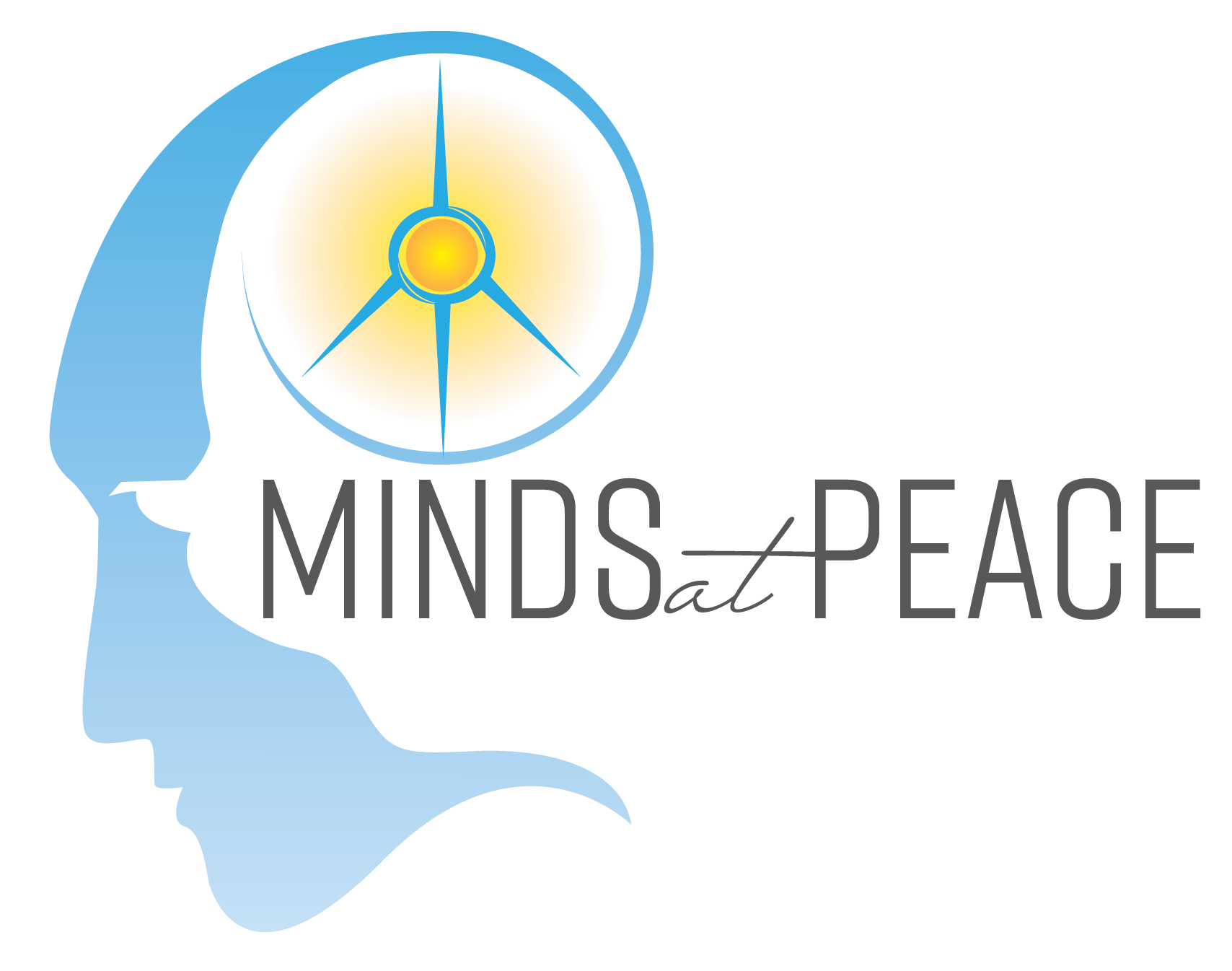Gratitude: Now science proves your mother right.
For a lot of us, some of our earliest memories involve our mother telling us to say thank you. “What do you say?” she implored, understanding the power of those two little words. And like so many other things in life, mothers were right. But it wasn’t just because it’s polite, we now know that being grateful is actually good for us.
There’s a significant amount of research about gratitude published recently. It turns out that the regions in the brain associated with gratitude are part of the neural networks that light up when we socialize and experience pleasure. And, another study showed that when people placed in an MRI machine were asked to think about giving to charity, their brains were as excited as other pleasures that give us rewards (I’ll let you figure out which ones those might be).
Cultivating an attitude of gratefulness, which can be done simply by journaling about three unique things you’re grateful for each day, has a myriad of benefits.
For one thing, you’re happier. And who doesn’t want that?! People who practice gratitude have a kinder attitude towards others, which ricochets right back to you. Practicing gratefulness also helps you to weather life’s storms. Recognizing what you still have instead of focusing on your problems can help prevent getting overwhelmed by emotion. In fact grateful people report experiencing less negative emotions altogether. Who couldn’t do with a little less anger and frustration?
Gratitude connects us with our community and strengthens relationships.
So as you approach Thanksgiving, and into the New Year, begin a practice of gratitude. Share it on Facebook. Invite your friends to join you. Yes, you can actually use Facebook for good!
And hey—- thanks for reading.

